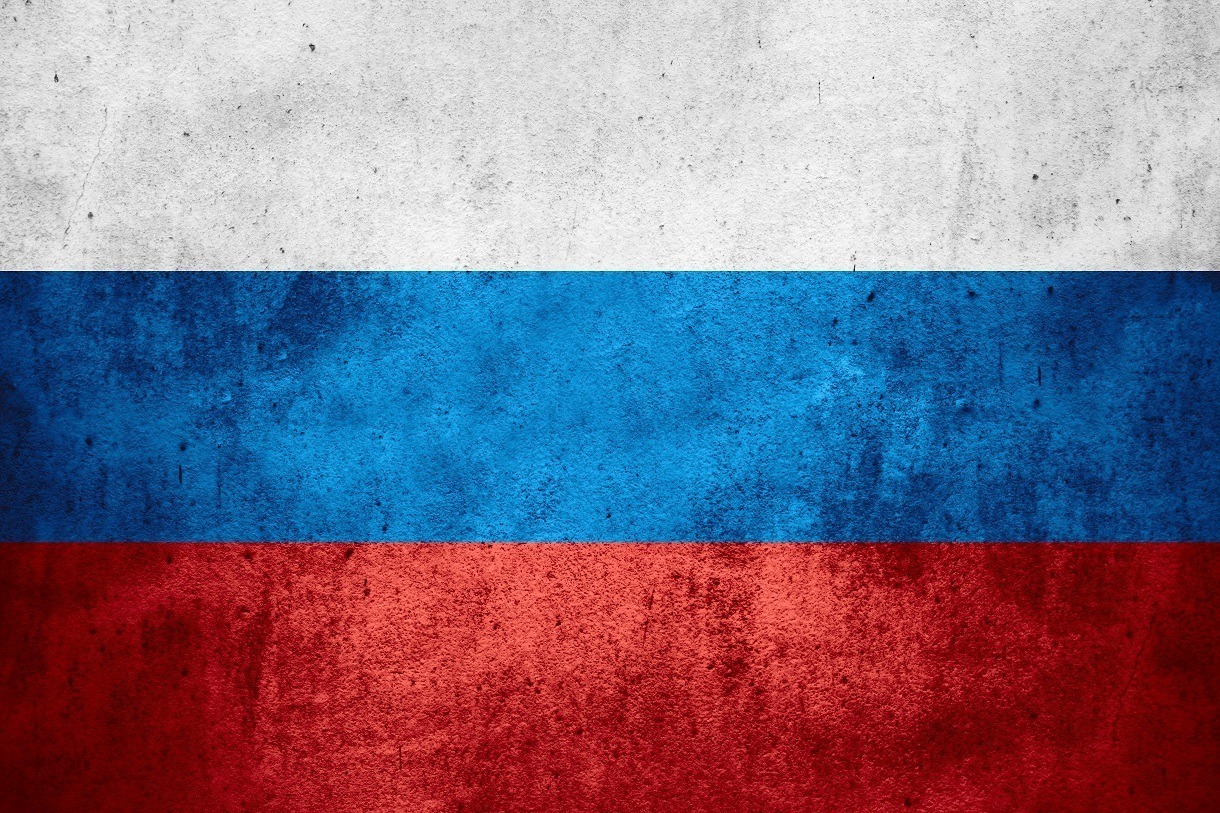
Russia is a difficult animal to figure out. Formerly the Soviet Union (while the USSR consisted of Russia, the Baltics, Ukraine, and most of the Central Asian -Stans, it was really a Russian Empire, run by the Communist Party), it is no longer dominated by Communist ideology–in fact, President Vladimir Putin has bashed Communism more than once. However, Russia is not a liberal Western democracy. Putin is, effectively, President for Life, in fact if not in name. Continual claims of election meddling and corruption have been made concerning his grip on power (including by the Communists, no less). Enemies of the Russian State don’t tend to live very long. Furthermore, the Russian government for most of the last decade has been dominated by the siloviki, former security force “strongmen.” Putin himself, former KGB and the man who uttered the quote, “There is no such thing as an ex-chekist,” could be categorized as a silovik, though he has held himself somewhat aloof as President, curtailing siloviki power where he apparently felt it necessary.
All of that said, there are many ways in which the Russian Federation should have become an ally of the West. Putin himself has publicly renounced the Soviet Union’s militant atheism. The West and Russia have a common enemy in militant Islam (though some of that is, in fact, Russia’s fault, due to their moves against the nationalist–and originally Sufi Muslim rather than Wahhabi Sunni Muslim–Chechens).
But, despite overtures since the fall of the Soviet Union in 1991, Russian foreign policy has largely gone unchanged.
Russia’s national consciousness has been shaped by invasion from East and West. There is a reason why Sergei Eisenstein made Alexandr Nevsky in 1938, even before Operation Barbarossa. The tension between Russia and the West goes back to Peter the Great, who Westernized the very Mongol-influenced country against the will of most of his nobles. Much of that consciousness has never gone away, and as Russia has been weakened, first by the chaos after the 1991 collapse, and then by the collapse of the price of oil after Putin had built up the economy based on Russia’s vast oil reserves, the growth of NATO and the EU has only fueled Russian paranoia about the West.
Furthermore, Russian actions across the former Soviet Union, many of which, as pointed out in the video above, have been reactive, have been met with open hostility from the West. While that hostility is not misplaced, given the general disregard for the Laws of Ground Warfare displayed by Russian forces, both regular and irregular, and the realities of alliances on the ground, it has led to clashes and showdowns, especially in Syria, where the Russians are backing Bashar al Assad’s government, while the US and the West have backed militias they consider to be democratic rebels (it should be taken into consideration that many of the rebel groups are in fact Wahhabi Salafists; aside from backing the Kurds–which is complicated in and of itself, as the YPG and the PKK are actually fully committed Communists–much of the intervention in Syria has been poorly thought-out).
Two years of a new Red Scare in the US has only confirmed that the West is an enemy of Russia. The truth that there has been Russian Information Operations aimed at political destabilization of the United States is immaterial to the Russian view. It becomes a self-fulfilling prophecy.
And as NATO enters a new period of flux, Russia will see it as a threat, and take steps.
Already, there has been a return to Cold War probes on American naval forces and NATO countries, including overflights by Tu-95 Bear bombers.
Hard times, not to mention the growing instability and political chaos in the West itself, will only increase Russia’s paranoia and hostility. General Gerasimov has already put forward a conspiracy theory, in all seriousness, that the United States will use internal unrest as a “Trojan Horse” to destabilize Russia ahead of airstrikes intended to cripple the Russian Federation.
As Maelstrom Rising begins, the Russians are actively pushing out their “buffer zone,” and preparing to take steps to cripple their strategic rivals before they can themselves potentially come under a similarly crippling attack. And as Europe descends into chaos, the Kremlin will see both a grave threat, and an opportunity.
Nature abhors a vacuum, after all.